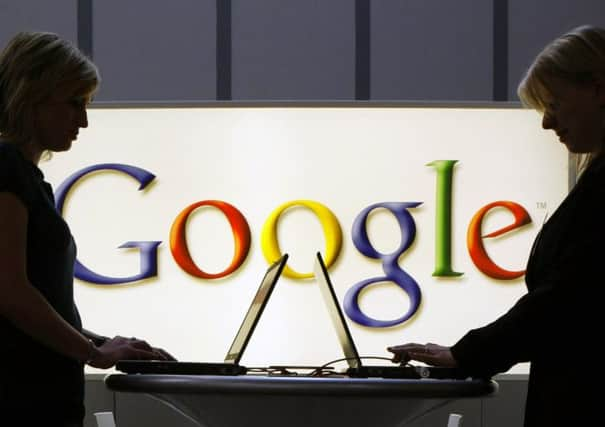Google ruling starts a necessary debate


Privacy – what does that word bring to mind? It’s likely to be a number of things (Facebook, eBay, Snowden), but certainly Google. Last month, it found itself at the centre of a judgment of the European Court of Justice, which has been lauded and criticised in equal measure. The court ruled that Google, as an internet search engine, was responsible for its processing of personal data (information about us) which appeared in web pages listed on its results pages.
Google yourself. If a link appears which shows information relating to you, Google must process it in compliance with data protection law. Where that processing no longer complies, you can request Google to remove the offending search link. If Google refuses to remove it, you can complain to the Information Commissioner’s Office (ICO). Is this the embodiment of the much-publicised (but sometimes misunderstood) “right to be forgotten”? Perhaps not entirely. There is no absolute right to be forgotten, and this might not be welcome news to anyone appearing in embarrassing photographs posted online.
Advertisement
Hide AdAdvertisement
Hide AdWhat the judgment does is recognise the role of search engines in shaping online profiles of each of us, in the way that they bring together various strands – web pages – which relate to us, in the form of a convenient online list. Where the data in a link appears to be inadequate, irrelevant or outdated, the user can request its erasure, and the search engine will have to confine it to internet obscurity. Bear in mind, however, that Google itself is the judge of what is relevant or not, and so it may take longer than you would like before that “irrelevant” photograph or posting actually disappears.
This might (understandably) bring some discomfort; why should Google decree what should be private and what should not? If its entire organisational structure is built upon the collection and dissemination of our personal information then we must question their neutrality in this process. Also bear in mind that while the search link can be removed, the photograph still exists in the linked site itself. Nevertheless, there is now a clear way to make ourselves less searchable on the internet. How will that affect, say, background screening by employers, which has increasingly taken an online dimension as social media profiles develop into an extension of our lives?
What is clear is that the impact to our privacy caused by such extensive collation of our details into a comprehensive online “profile” cannot solely be justified by Google’s economic interests, or by any public desire in that profile. Interestingly, the court said public figures cannot always expect the same balance because of the public interest in their lives. Of course, what is of interest to the general public will not always count as “public interest” and, with gossip columns as popular as ever, it will be interesting to see how Google handles that distinction.
For Google, its legal obligations are notably greater than it had probably expected. It must respond to individual requests, and, with over half a billion citizens in the EU, might face logistical problems in co-ordinating its resources to meet these. In light of that, the ICO has said search engines will need reasonable time to adapt their systems. Google has already set up a webpage through which requests can be made, and while it does seem to be a sensible way to go, the 12,000 requests it received on the very first day of launch suggests it will have its work cut out.
More broadly, what is the impact on the societal interaction with the internet itself? Will we see the introduction of censorship and the stifling of entrepreneurial innovation? It is too early to say. Some have argued that the EU directive on which the judgment is based was not created with our internet age in mind, and it is easy to be sympathetic with that. We might say the entire framework of our data protection law is not tuned for the Google era, and the court’s judgment has now laid the groundwork for a wide-reaching public debateon the practices of global internet companies, the role of technology in society, and the right to privacy in a world where it appears increasingly under threat. The new Data Protection Regulation – which itself has seen much debate on the “right to be forgotten” – continues its slow progression through the EU’s legislative process, and perhaps this judgment will enable a more searching discussion of that right before the Regulation finally becomes law.
• Craig Callery is a solicitor in the commercial department at Balfour+Manson www.balfour-manson.co.uk
SEE ALSO